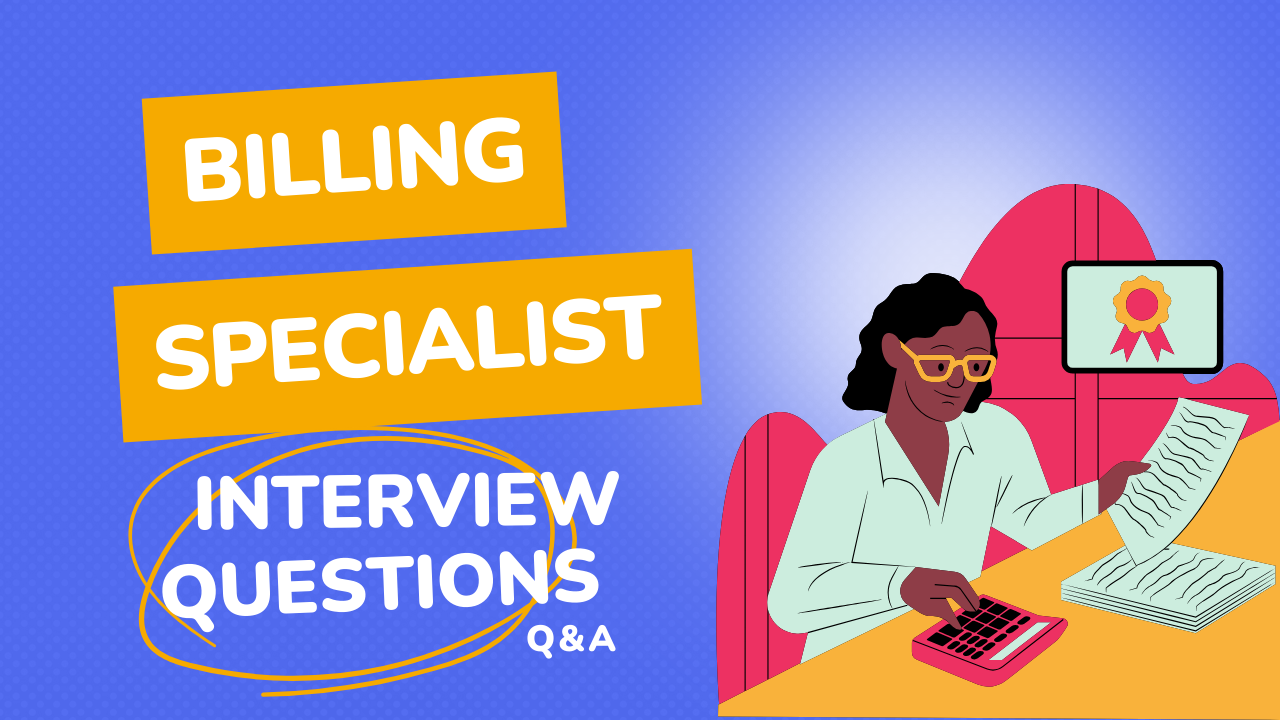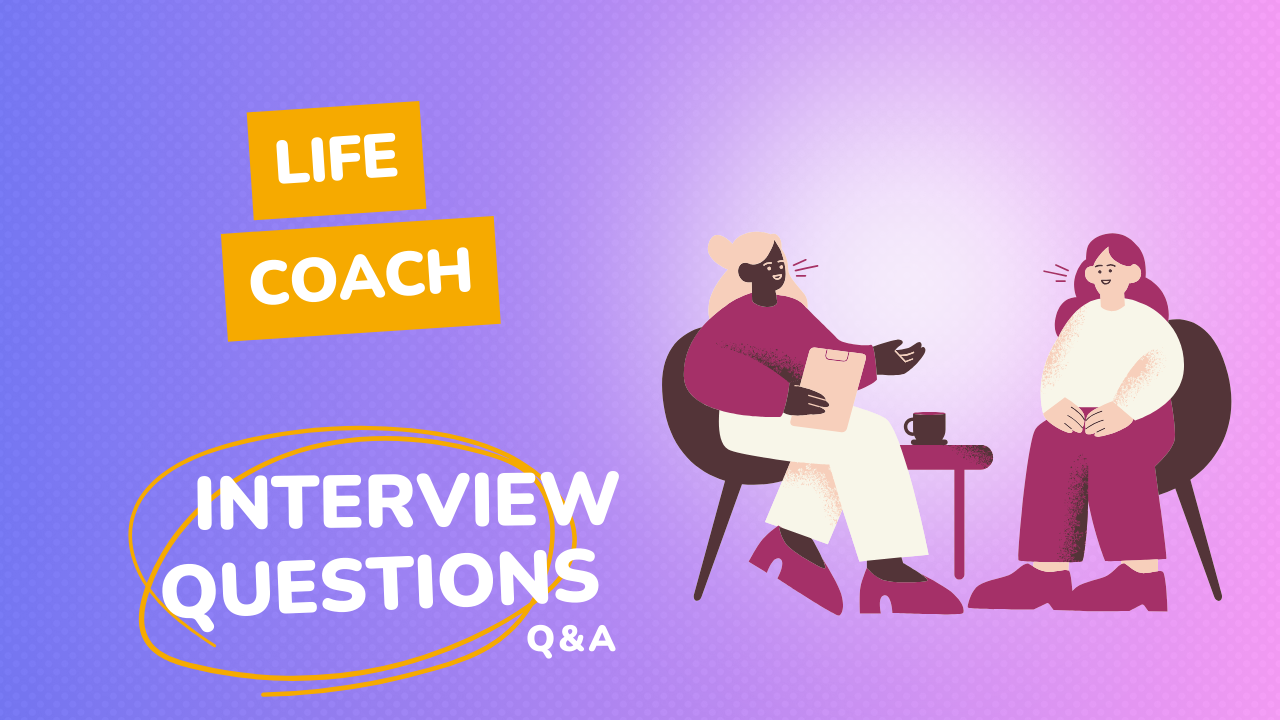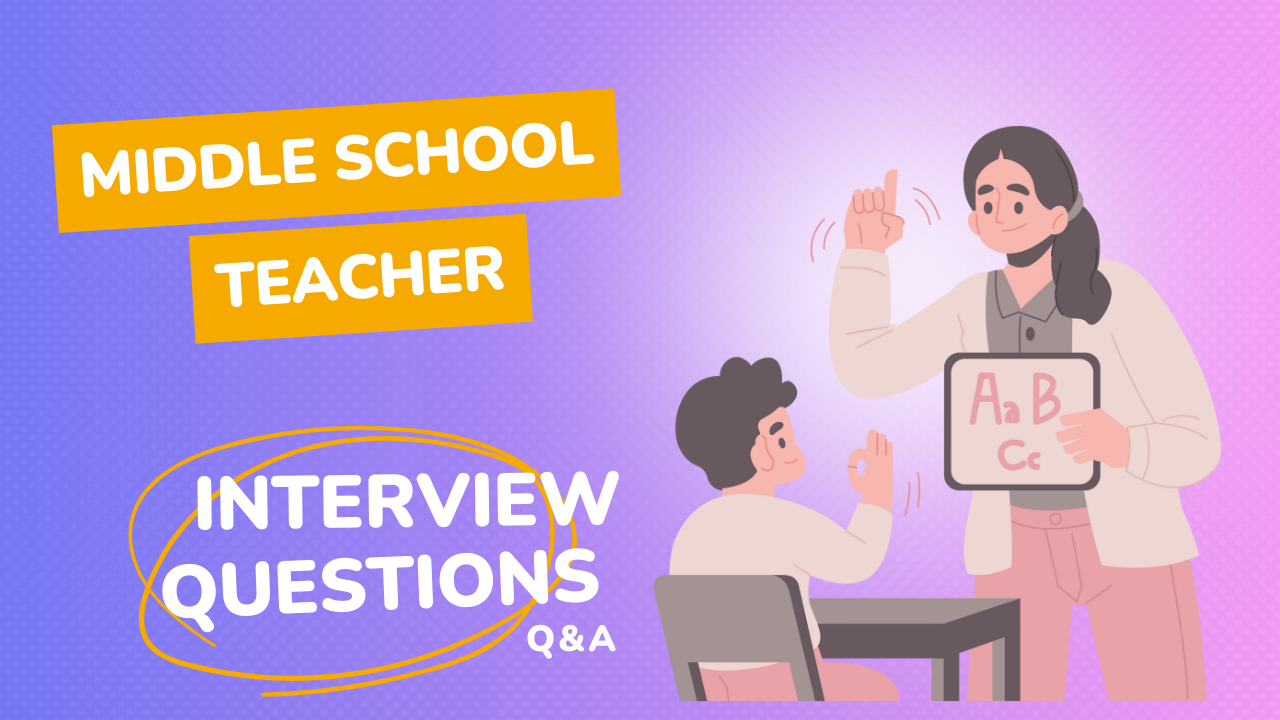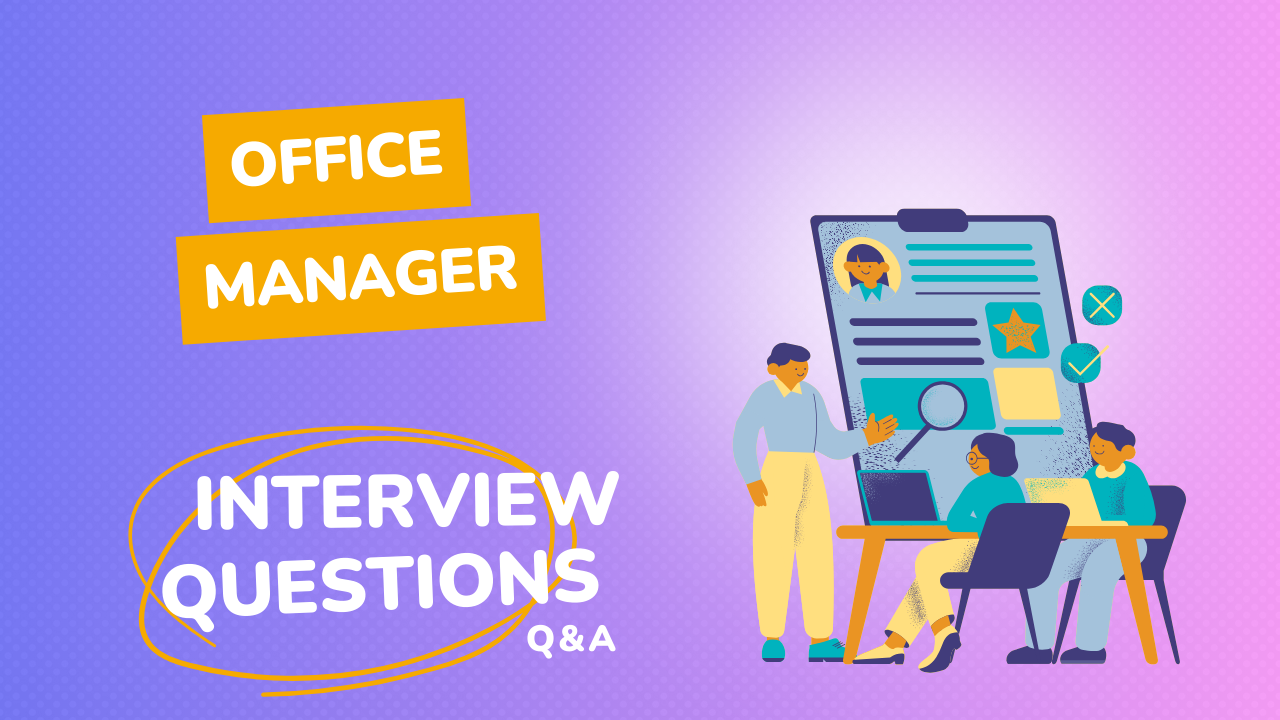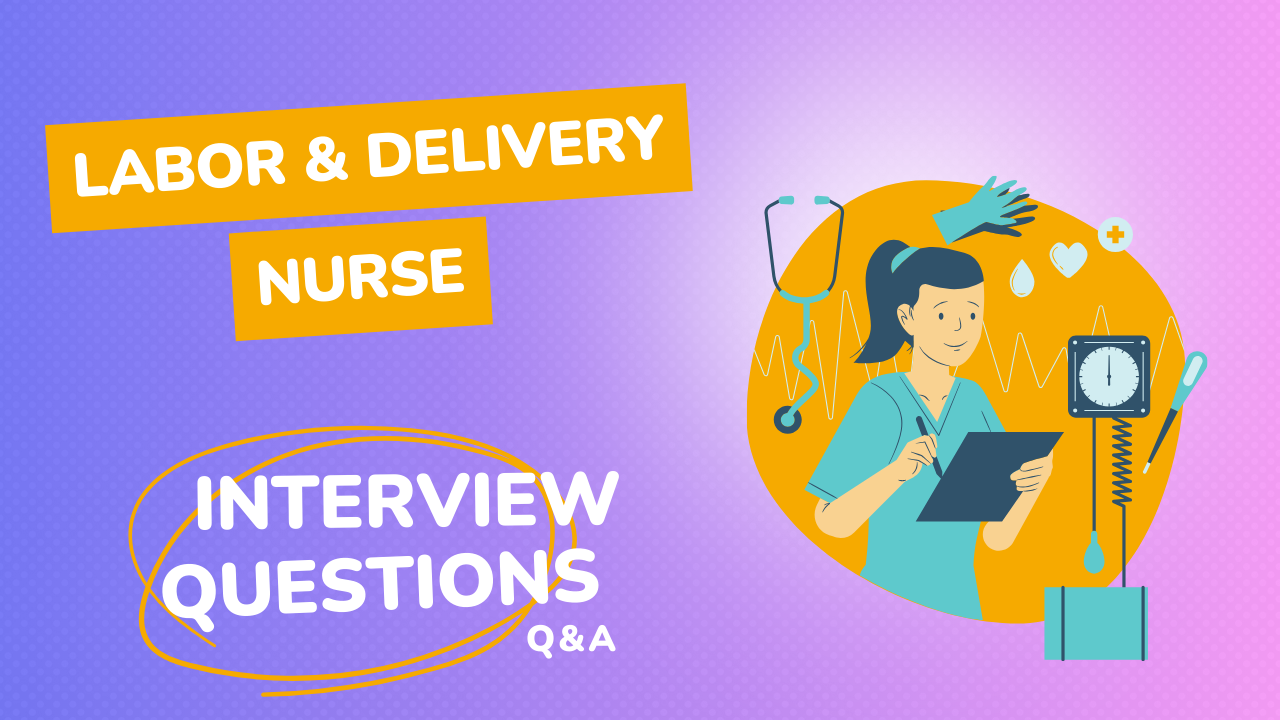Blog Detail

The Essential Guide to the UK Adjunct Professor Interview
Jul 27, 2024
In the realm of academia, securing a position as an adjunct professor can be a pivotal step towards building a successful career in teaching and research. In the UK, where higher education institutions uphold rigorous standards, the adjunct professor interview process demands careful preparation and strategic navigation. Whether you're a seasoned academic or a fresh graduate aspiring to step into the world of academia, understanding the nuances of this interview process is essential.
In this comprehensive guide, we'll delve into the intricacies of preparing for and acing an adjunct professor interview in the UK.
Understanding the Role of an Adjunct Professor
Before delving into the interview process, it's crucial to grasp the role and responsibilities of an adjunct professor. In the UK, adjunct professors, often referred to as sessional lecturers or visiting faculty, typically hold part-time or temporary positions within universities or colleges. They contribute to teaching, research, and sometimes administrative duties within their respective departments. Unlike tenured or full-time faculty, adjunct professors may not have the same level of job security or benefits, but they play a vital role in enriching academic programs and providing students with diverse perspectives.
Researching the Institution and Department
The foundation of a successful adjunct professor interview lies in thorough research. Begin by familiarizing yourself with the institution and the department you're applying to. Understand their mission, values, and academic programs. Explore recent publications, projects, and initiatives undertaken by the department. This knowledge will not only demonstrate your genuine interest but also help you tailor your responses during the interview.
Preparing Your Application Materials
Your application materials, including your resume and cover letter, should effectively highlight your qualifications, teaching experience, research interests, and contributions to the academic community. Tailor your resume to emphasize relevant teaching experience, educational background, publications, and any other academic achievements. Craft a compelling adjunct professor cover letter that articulates your passion for teaching, alignment with the department's goals, and how you can contribute to its academic mission.
Showcasing Your Teaching Philosophy
During the interview, be prepared to discuss your teaching philosophy and methodologies. Reflect on your past experiences in the classroom, including any innovative teaching techniques you've employed and how you've adapted to diverse student needs. Emphasize your commitment to fostering critical thinking, student engagement, and inclusivity within the learning environment. Providing concrete examples of successful teaching strategies can significantly strengthen your candidacy.
Demonstrating Research Expertise
In addition to teaching, adjunct professors are often expected to engage in scholarly research or creative activities. Be ready to discuss your research interests, ongoing projects, and potential collaborations within the department. Highlight any publications, conference presentations, or grants you've secured. Articulate how your research aligns with the department's focus areas and contributes to the broader academic discourse.
Addressing Challenges and Opportunities
During the interview, anticipate questions about challenges facing higher education and the specific field of study. Demonstrate your awareness of current issues, such as funding constraints, technological advancements, or changes in pedagogical approaches. Additionally, showcase your ability to adapt to new methodologies, technologies, and teaching modalities, especially considering recent global events that may have shifted educational practices.
Engaging in Professional Development
Adjunct professors who prioritize professional development demonstrate a commitment to continuous improvement and growth. Be prepared to discuss any professional development initiatives you've undertaken, such as workshops, certifications, or memberships in relevant academic associations. Additionally, express your enthusiasm for collaborating with colleagues, attending conferences, and staying abreast of emerging trends in your field.
Emphasizing Flexibility and Collaboration
Flexibility and collaboration are key attributes of successful adjunct professors. Emphasize your willingness to work collaboratively with colleagues, support departmental initiatives, and adapt to changing circumstances. Showcase your ability to thrive in diverse academic environments, whether through interdisciplinary collaborations or teaching across different levels of study.
Tips for Preparing for an Adjunct Professor Interview
Preparing for an adjunct professor interview requires careful planning and attention to detail. Here are some essential tips to help you ace the interview and stand out as a strong candidate:
1. Research the Institution: Familiarize yourself with the university or college where you're applying. Understand its history, mission, academic programs, and values. This knowledge will demonstrate your genuine interest in the institution and its culture.
2. Understand the Department: Dive deep into the department you're applying to join. Learn about its faculty members, research areas, and recent initiatives. Tailor your responses during the interview to align with the department's goals and priorities.
3. Review the Job Description: Pay close attention to the job description and requirements outlined in the job posting. Highlight your relevant skills, qualifications, and experiences that match the job criteria. Be prepared to discuss how you can fulfil the responsibilities of the role effectively.
4. Prepare Your Application Materials: Ensure your CV, cover letter, and any other required documents are up-to-date and tailored to the position. Highlight your teaching experience, research achievements, and contributions to the academic community. Proofread your materials carefully to avoid any errors.
5. Practice Common Interview Questions: Anticipate the types of questions you may be asked during the interview. Practice articulating your teaching philosophy, research interests, and how you would contribute to the department's objectives. Consider using the STAR (Situation, Task, Action, Result) method to structure your responses to behavioural questions.
6. Showcase Your Teaching Portfolio: If applicable, prepare a teaching portfolio showcasing your syllabi, teaching evaluations, sample lesson plans, and any innovative teaching materials you've developed. Use concrete examples to demonstrate your effectiveness as an educator.
7. Brush Up on Academic Trends: Stay informed about current trends, developments, and debates in your field of study and higher education in general. Be prepared to discuss how these trends may impact your teaching and research practices.
8. Demonstrate Your Passion for Teaching: Communicate your enthusiasm for teaching and mentoring students. Emphasize your commitment to fostering an inclusive and engaging learning environment where students can thrive academically and personally.
9. Highlight Your Research Contributions: If research is a significant component of the role, be ready to discuss your research interests, projects, and potential collaborations. Showcase your publications, conference presentations, and any external funding you've secured.
10. Prepare Questions for the Interviewers: Show your interest and engagement by preparing thoughtful questions to ask the interview panel. Inquire about the department's support for professional development, opportunities for collaboration, and the institution's vision for the future.
11. Dress Professionally and Arrive Early: Make a positive first impression by dressing appropriately for the interview and arriving early at the interview venue. Plan your journey in advance to avoid any last-minute delays.
12. Follow Up After the Interview: Send a thank-you email to the interviewers within 24-48 hours expressing your gratitude for the opportunity to interview. Reiterate your interest in the position and briefly summarize why you believe you're a strong fit.
By following these tips and investing time in thorough preparation, you'll be well-equipped to navigate the adjunct professor interview process with confidence and professionalism. Good luck!
Crafting a Winning Resume for an Adjunct Professor Interview in the UK
Your resume serves as a crucial tool in presenting your qualifications, experiences, and achievements to potential employers. When applying for an adjunct professor position in the UK, your resume should effectively showcase your academic credentials, teaching experience, research contributions, and commitment to the field of study. Here's how to craft a winning Adjunct Professor resume tailored specifically for an adjunct professor interview:
1. Header with Contact Information:
- Begin your resume with your name, followed by your contact information, including your phone number and professional email address.
- Optionally, include links to your LinkedIn profile or academic website, if relevant.
2. Professional Summary or Objective:
- Write a brief, compelling summary highlighting your key qualifications and career goals as they relate to the adjunct professor role.
- Emphasize your passion for teaching, commitment to academic excellence, and any unique strengths or expertise you bring to the table.
3. Academic Qualifications:
- List your educational background in reverse chronological order, starting with the most recent degree earned.
- Include the names of institutions attended, degree(s) earned, major(s) or specialization(s), and graduation dates.
- Highlight any academic honours, scholarships, or awards received during your studies.
4. Teaching Experience:
- Detail your teaching experience, including the institutions where you've taught, courses taught, and the duration of each teaching appointment.
- Use bullet points to describe your teaching responsibilities, methodologies, and any innovative approaches you've implemented in the classroom.
- Quantify your achievements where possible, such as student satisfaction ratings, improvements in student performance, or successful course redesigns.
5. Research Experience and Publications:
- If applicable, highlight your research experience, including any research positions held, projects undertaken, and publications produced.
- List your publications in a separate section, including journal articles, conference papers, book chapters, and any other scholarly works.
- Provide bibliographic details for each publication, including titles, co-authors, publication dates, and journal or publisher names.
6. Grants, Awards, and Fellowships:
- Showcase any grants, awards, or fellowships you've received in support of your research or teaching endeavour’s.
- Include the names of funding agencies or organizations, grant amounts, project titles, and project durations.
7. Professional Memberships and Affiliations:
- Mention any professional memberships or affiliations relevant to your field of study.
- Highlight leadership roles or active participation in professional organizations, committees, or societies.
8. Skills and Competencies:
- Highlight relevant skills and competencies that demonstrate your suitability for the adjunct professor role.
- This may include teaching-related skills (e.g., curriculum development, assessment techniques), research skills (e.g., data analysis, literature review), and technical skills (e.g., proficiency in academic software or programming languages).
9. Additional Sections (Optional):
- Depending on your background and experiences, you may include additional sections such as presentations, workshops or seminars conducted, language proficiency, or volunteer work related to education or academia.
10. Formatting and Presentation:
- Keep your resume clean, well-organized, and easy to read, using a professional font and consistent formatting throughout.
- Use bullet points and concise language to convey information effectively, avoiding lengthy paragraphs or unnecessary jargon.
- Proofread your resume carefully to ensure accuracy, clarity, and grammatical correctness.
11. Tailor Your Resume to the Job Description:
- Customize your resume for each adjunct professor position you apply for, aligning your qualifications and experiences with the specific requirements and preferences outlined in the job description.
- Highlight relevant keywords and phrases that mirror those used in the job posting to increase the likelihood of your resume being noticed by hiring managers.
By following these guidelines and tailoring your resume to the adjunct professor position you're applying for, you'll increase your chances of securing an interview and impressing the hiring committee with your qualifications and suitability for the role.
20+ Common Interview Questions for Adjunct Professor and their Answers with Examples
Certainly! Here are 25 common interview questions and suggested answers tailored for an adjunct professor position in the UK:
1. Can you tell us about your teaching philosophy?
Answer: "My teaching philosophy centres around fostering an inclusive and engaging learning environment where students are empowered to think critically, collaborate with peers, and apply theoretical concepts to real-world scenarios. I believe in active learning methodologies that promote student participation, reflection, and continuous improvement."
2. How do you approach designing a course curriculum?
Answer: "When designing a course curriculum, I begin by clearly defining the learning objectives and outcomes. I then incorporate a variety of instructional methods, assessments, and resources to cater to diverse learning styles and interests. Collaboration with colleagues and feedback from students are integral parts of the curriculum design process."
3. How do you ensure that your teaching methods are inclusive and accessible to all students?
Answer: "I prioritize inclusivity in my teaching by incorporating diverse perspectives, providing multiple modes of instruction, and accommodating individual learning needs. I regularly assess student comprehension and adjust my approach accordingly, while also promoting an open and respectful classroom environment where all voices are valued."
4. How do you handle challenging students or classroom situations?
Answer: "In challenging situations, I maintain professionalism, empathy, and clear communication. I strive to understand the underlying reasons for student challenges and work collaboratively with them to find constructive solutions. Additionally, I utilize proactive strategies such as establishing clear expectations, fostering a supportive classroom community, and offering extra support when needed."
5. Can you discuss a particularly successful teaching experience you've had?
Answer: "One memorable teaching experience was when I redesigned a course to incorporate project-based learning. By providing students with hands-on opportunities to apply course concepts to real-world problems, I witnessed a significant improvement in student engagement, critical thinking skills, and overall satisfaction with the learning experience."
6. How do you stay updated with developments in your field of study?
Answer: "I stay updated with developments in my field through continuous engagement with scholarly literature, attending conferences, participating in professional development workshops, and networking with colleagues. I also leverage online resources, academic journals, and disciplinary associations to stay informed about emerging trends and research findings."
7. What strategies do you employ to assess student learning and progress?
Answer: "I utilize a variety of assessment methods, including quizzes, exams, essays, projects, presentations, and peer evaluations, to assess student learning and progress. I believe in aligning assessments with course objectives, providing timely feedback, and offering opportunities for students to demonstrate mastery through different modalities."
8. How do you incorporate technology into your teaching practices?
Answer: "I integrate technology into my teaching practices to enhance student engagement, facilitate active learning, and promote digital literacy. This may include using learning management systems for course materials and communication, multimedia resources for interactive presentations, and online collaboration tools for group projects."
9. Can you discuss your approach to mentoring and advising students?
Answer: "As a mentor and advisor, I prioritize building supportive relationships with students and providing guidance tailored to their academic and career goals. I offer academic advising, research supervision, and career development support, while also fostering a mentorship culture that encourages peer-to-peer learning and collaboration."
10. How do you promote diversity and inclusivity in the classroom?
Answer: "I promote diversity and inclusivity in the classroom by incorporating diverse perspectives into course content, fostering respectful dialogue among students, and creating a welcoming environment where all individuals feel valued and empowered to participate. I actively seek out opportunities to address issues of equity and social justice within the curriculum."
11. Can you discuss your experience with interdisciplinary collaboration?
Answer: "I have extensive experience collaborating with colleagues from diverse disciplinary backgrounds on research projects, curriculum development initiatives, and interdisciplinary teaching efforts. I believe that interdisciplinary collaboration enriches the academic experience for both faculty and students, fostering innovation and expanding intellectual horizons."
12. How do you handle conflicts or disagreements with colleagues?
Answer: "I approach conflicts or disagreements with colleagues with an open mind, respect for differing viewpoints, and a focus on finding mutually beneficial solutions. I believe in constructive communication, active listening, and collaboration to resolve conflicts in a professional and collegial manner."
13. How do you balance your teaching responsibilities with research or other professional commitments?
Answer: "I prioritize effective time management, setting clear priorities, and maintaining open communication with colleagues to balance my teaching responsibilities with research and other professional commitments. I believe in the importance of integrating teaching and research to enrich the academic experience for both me and my students."
14. Can you discuss a recent research project you've been involved in?
Answer: "In a recent research project, I investigated [brief description of the project], collaborating with colleagues from [mention collaborators or institutions]. Our findings were published in [name of journal or conference], contributing to the existing body of knowledge in the field of [mention the field]."
15. How do you adapt your teaching methods to accommodate diverse student populations?
Answer: "I adapt my teaching methods by incorporating inclusive pedagogical practices, providing alternative instructional materials, and offering additional support services to accommodate diverse student populations. This may include providing accommodations for students with disabilities, addressing language barriers, or acknowledging cultural differences."
16. What strategies do you use to engage students in large lecture classes?
Answer: "In large lecture classes, I employ active learning strategies such as group discussions, case studies, interactive polling, and multimedia presentations to engage students and promote active participation. I also encourage peer-to-peer interaction, utilize technology for real-time feedback, and create opportunities for student-centered learning."
17. How do you assess the effectiveness of your teaching methods?
Answer: "I assess the effectiveness of my teaching methods through a combination of student feedback, self-reflection, peer evaluations, and assessment of learning outcomes. I actively solicit feedback from students through course evaluations, focus groups, and informal discussions to identify areas for improvement and make adjustments as needed."
18. Can you discuss your experience with course development or redesign?
Answer: "I have experience developing and redesigning courses to align with changing pedagogical trends, disciplinary advancements, and student needs. This may involve revising course objectives, updating course materials, integrating new technologies, or implementing innovative teaching methodologies to enhance the learning experience."
19. How do you foster a supportive learning environment for students?
Answer: "I foster a supportive learning environment by cultivating a sense of community, respect, and trust among students. This includes creating opportunities for collaboration, providing constructive feedback, and offering mentorship and guidance to help students succeed academically and personally."
20. Can you discuss your experience with assessment and accreditation processes?
Answer: "I have experience with assessment and accreditation processes through my involvement in curriculum development, program reviews, and participation in institutional assessment activities. I am familiar with assessment best practices, accreditation standards, and data-driven approaches to continuous improvement in higher education."
21. How do you stay current with advancements in educational technology?
Answer: "I stay current with advancements in educational technology by regularly exploring new tools, attending technology workshops and conferences, and engaging with online communities of practice. I believe efficiency and technology to enhance student learning, increase efficiency, and improve instructional delivery."
22. Can you discuss your approach to fostering critical thinking skills in students?
Answer: "Fostering critical thinking skills is a fundamental aspect of my teaching philosophy. I design learning activities and assignments that encourage students to analyze, evaluate, and synthesize information from multiple sources. I emphasize the importance of questioning assumptions, considering alternative perspectives, and supporting arguments with evidence. Through structured discussions, problem-solving tasks, and reflective exercises, I aim to empower students to think critically and independently."
23. How do you address the needs of students with diverse learning styles?
Answer: "To address the needs of students with diverse learning styles, I employ a variety of instructional methods and materials that cater to different modalities of learning. This may include visual aids, hands-on activities, auditory explanations, and interactive discussions. I also provide flexibility in assignments and assessments to accommodate individual preferences and strengths."
24. Can you discuss your experience with mentoring undergraduate or graduate students in research projects?
Answer: "I have extensive experience mentoring undergraduate and graduate students in research projects across various disciplines. I provide guidance in literature review, research design, data collection, analysis, and manuscript preparation. I believe in fostering a collaborative and supportive research environment that allows students to develop critical research skills and achieve their academic and professional goals."
25. How do you contribute to the academic community outside of teaching and research?
Answer: "Outside of teaching and research, I contribute to the academic community through service and engagement activities. This may include serving on departmental committees, organizing academic events, participating in outreach programs, and mentoring junior faculty or students. I believe in the importance of giving back to the academic community and contributing to its collective growth and success."
These sample questions and answers can serve as a starting point for your interview preparation. Remember to personalize your responses based on your own experiences, strengths, and teaching philosophy to make a lasting impression during the interview process.
How to Negotiate Your Salary During the Interview Process?
Salary negotiation can be a critical aspect of the interview process, especially when pursuing an adjunct professor position in the UK. While compensation may not always be the primary motivation for entering academia, it's essential to ensure that your remuneration aligns with your qualifications, experience, and the cost of living in your area. Here are some key strategies for navigating salary negotiation effectively:
1. Do Your Research: Before entering salary negotiations, research typical salary ranges for adjunct professor positions in your field and location. Websites like Glassdoor, PayScale, and academic job boards can provide valuable insights into industry standards and salary expectations.
2. Understand the Institution's Policies: Familiarize yourself with the institution's policies and guidelines regarding adjunct professor compensation. Some universities may have standardized pay scales or minimum rates for adjunct faculty, while others may offer more flexibility in negotiation.
3. Consider Your Value Proposition: Reflect on your unique qualifications, teaching experience, research expertise, and any additional contributions you can bring to the department. Highlighting your value proposition can strengthen your position during salary negotiations and justify your requested compensation.
4. Be Prepared to Advocate for Yourself: Approach salary negotiations with confidence and professionalism. Clearly articulate your reasons for seeking a higher salary, citing relevant qualifications, accomplishments, and market research. Be prepared to discuss how your skills and expertise align with the department's needs and objectives.
5. Focus on Total Compensation: In addition to base salary, consider other aspects of the compensation package, such as benefits, professional development opportunities, teaching load, research support, and opportunities for advancement. Negotiating for a comprehensive package that meets your needs and priorities can be advantageous.
6. Remain Flexible and Open to Compromise: While it's important to advocate for fair compensation, it's also essential to approach negotiations with a spirit of collaboration and flexibility. Be open to exploring alternative forms of compensation or benefits that may be offered in lieu of higher salary, such as reduced teaching loads or additional resources for research.
7. Practice Effective Communication: Communicate your salary expectations clearly and professionally, while also actively listening to the concerns and perspectives of the hiring committee or departmental representatives. Maintain a constructive dialogue throughout the negotiation process, seeking mutual understanding and consensus where possible.
8. Know When to Walk Away: While it's important to negotiate in good faith, there may be instances where the institution's offer falls significantly short of your expectations or market standards. In such cases, it may be necessary to respectfully decline the offer and pursue other opportunities that better align with your financial needs and career goals.
9. Get Everything in Writing: Once you've reached an agreement on salary and other terms, ensure that all negotiated aspects of the compensation package are documented in writing, typically in the form of an employment contract or offer letter. Review the terms carefully to confirm that they accurately reflect the agreed-upon terms before signing.
10. Maintain Professional Relationships: Regardless of the outcome of salary negotiations, strive to maintain positive and professional relationships with the hiring committee, departmental colleagues, and administrative staff. Negotiations are a normal part of the hiring process, and demonstrating professionalism and collegiality throughout can leave a lasting impression.
By approaching salary negotiation with preparation, confidence, and professionalism, adjunct professors can advocate for fair compensation that reflects their value and contributions to the academic community.
